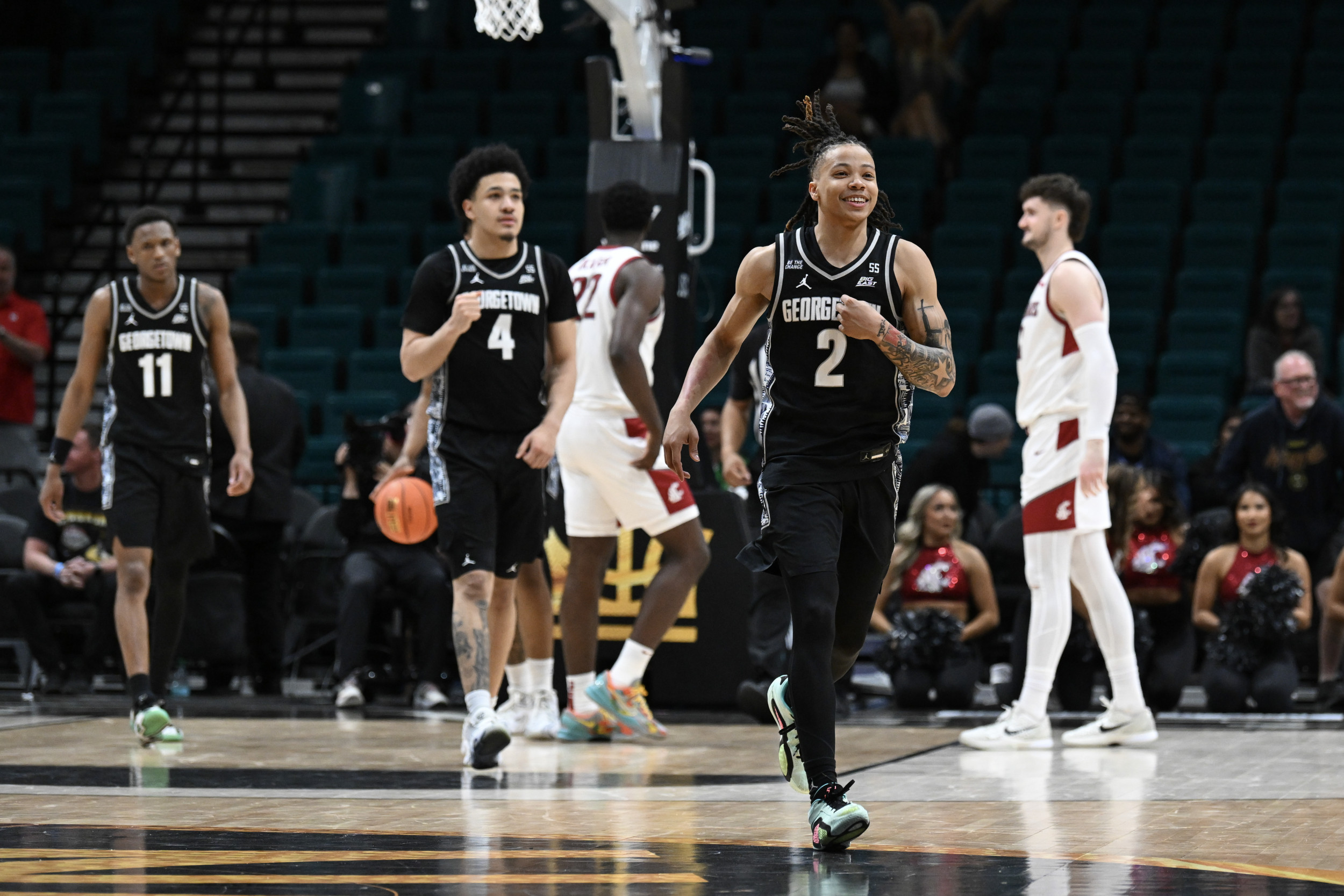
We live in a world where a famous couple’s breakup can feel like a personal betrayal, where fans grieve the end of a relationship they were never part of and where strangers on the internet passionately debate whether two people they’ve never met are truly meant to be. Sometimes, when a beloved celebrity couple falls apart, it’s not just gossip — it’s heartbreak on a global scale. But why do we care so much? Why does a celebrity engagement spark joy, and a high-profile split leave us reeling? The answer lies in understanding what fuels these “parasocial relationships” — one-sided emotional connections to public figures that feel real, even when they aren’t.
Here are two key reasons why we care so much about celebrity love. Celebrity relationships often feel larger than life, but at their core, they mirror the same hopes, struggles and milestones we experience in our own love lives. When a beloved couple stays together, it reassures fans that love can endure — even under the pressures of fame.

The couple’s happiness becomes their happiness, reinforcing the belief that fairytale romances are possible. Take Zendaya and Tom Holland, for instance — their rumored engagement sparked widespread excitement. After years together, their relationship milestone isn’t just meaningful for them but also for fans who have rooted for them since their Spider-Man days.
Due to strong parasocial connections and emotional investment, their relationship is subject to the collective imagination of their audience. But the opposite is also true. When a high-profile couple splits, it can feel like a personal loss, not because fans know them personally, but because of what they represent.
If even seemingly perfect couples can’t make it work, what does that say about love in general? Research published in Psychological Reports in 2021 suggests that audiences’ connections to media figures may mirror their real-life attachment styles — it’s possible that people with more secure attachments view celebrity couples as aspirational but irrelevant to their love lives. They likely know that they have no personal stake in their connections and avoid getting too concerned with their private affairs, while those with more anxious attachment styles may relate to them and feel more emotionally entangled in their highs and lows. Alternatively, researchers also suggest that some fans may not see celebrities as attachment figures, but as symbolic companions that reinforce a sense of belonging.
This sense of connection likely deepens their investment in their love lives. When a celebrity shares a seemingly “private” moment online, it creates an illusion of intimacy — one that makes fans feel like insiders in a world they’ll likely never access. We analyze their interviews, like their posts and celebrate their milestones as if they were our own.
So, when their choices clash with our expectations — especially in love — it stings. Take Taylor Swift, for instance. To many fans, Swift is more than just a celebrity .
She’s a confidante, an older sister or even a moral compass. Her online presence and connection to her fans offers comfort to many, especially in challenging or lonely times. Fans also bond with such celebrities over shared values and perceived personality traits, deepening their emotional investment in them.
This connection fuels fierce loyalty. When critics attack Swift, her fans defend her as if protecting a close friend. And because she holds such influence, her romantic life becomes more than tabloid fodder — it can feel personally significant.
If she dates someone, fans scrutinize whether he’s “right” for her. But here’s the uncomfortable truth about parasocial relationships with celebrities: No matter how beloved they are, we don’t know them personally. Every Instagram post, every paparazzi shot or interview is just a fragment — stripped of context and filtered through layers of branding and public speculation.
Fame comes with a strange trade-off: the more loved a celebrity is, the less their life feels like their own. Fans often feel entitled to opinions on who they date, how they behave and even when — or with whom — they should break up. However, real relationships are messy, private and full of complexities no tabloid can capture.
The couple we think we know is just a story shaped by headlines, fan theories and our own projections of what we think they should be. While there’s nothing wrong with enjoying celebrity love stories and rooting for our favorite stars, many forget that they’re real people, not characters in rom-coms. We have no say in whether they stay together or not.
Their relationships may give us something to believe in, something to root for and sometimes, something to escape into, but it’s important to recognize when admiration turns into entitlement , or when our emotional investment in their love lives starts affecting our own. At the end of the day, the healthiest relationships we can nurture are the ones in our own lives. Instead of getting lost in the highs and lows of someone else’s love story, we can channel that energy into building deeper, more fulfilling connections with the people we truly know and love.
Wondering if you tend to form strong parasocial connections with celebrities? Take the science-backed Celebrity Attitude Scale test to find out..















